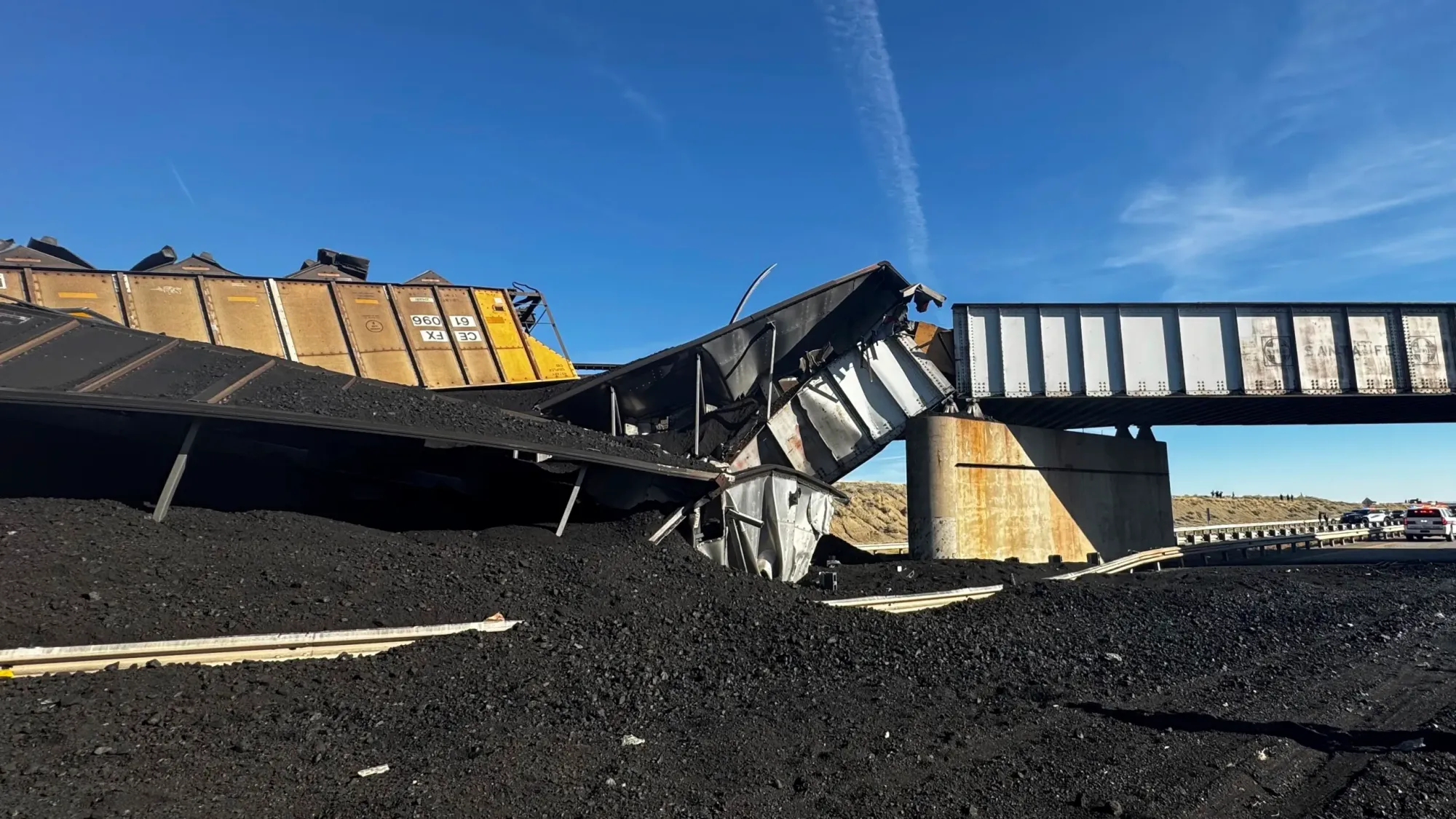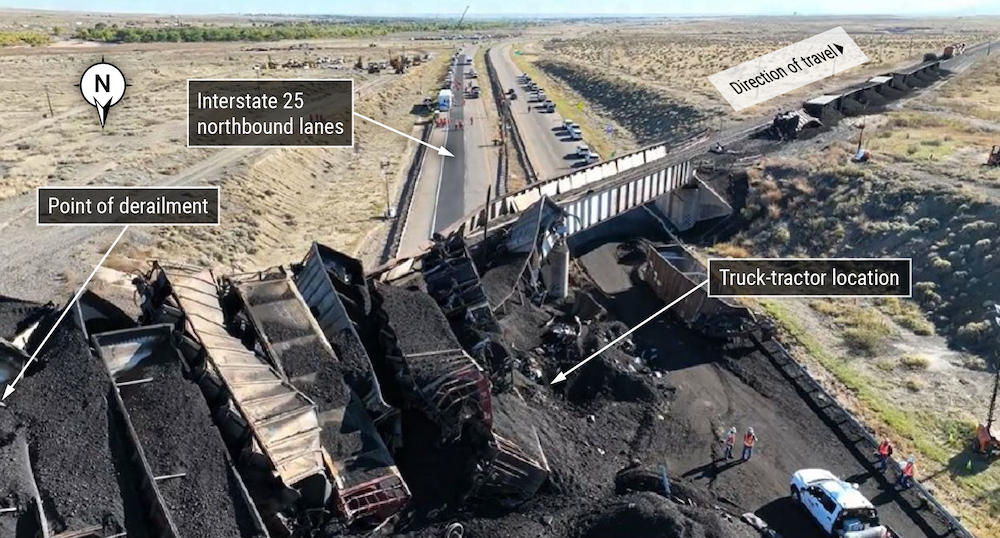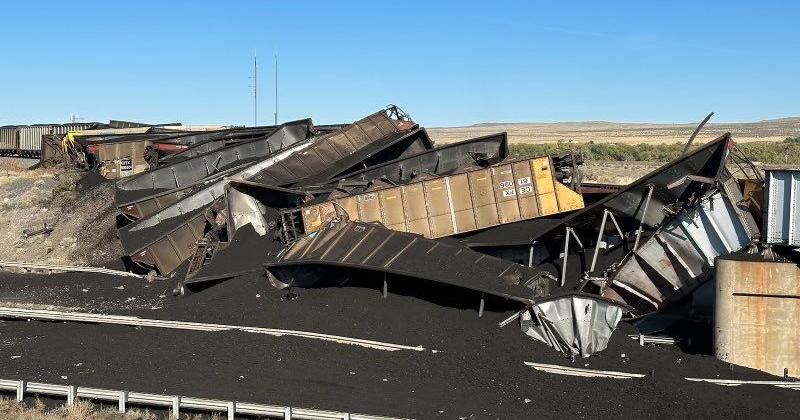Weld Failure Causes Fatal Colorado Train Derailment

I came across this news and found it noteworthy for anyone working in the welding sector. According to a recent National Transportation Safety Board report, a weld failure on a BNSF rail line led to a deadly derailment on Oct. 15, 2023, near Pueblo, Colorado. The broken rail caused 31 coal cars to derail, partially collapsing a bridge over Interstate 25. At least one car fell onto a truck below, killing its driver.
The derailment caused an estimated $15.6 million in damage and closed I-25 for three days. Investigators found that a thermite weld, performed less than five months before the accident, broke from the base upward. The weld lacked a proper “compromise kit,” causing weld flash to accumulate under the rail base and concentrate stress.

Following this incident, BNSF began analyzing failed welds to determine the cause, with retraining required if welding practices contributed to a failure. The company also implemented monthly audits of thermite welds to ensure correct kits are used. These steps underscore the importance of welding precision and quality control—key skills for any aspiring professional welder.
Source:



Discussion